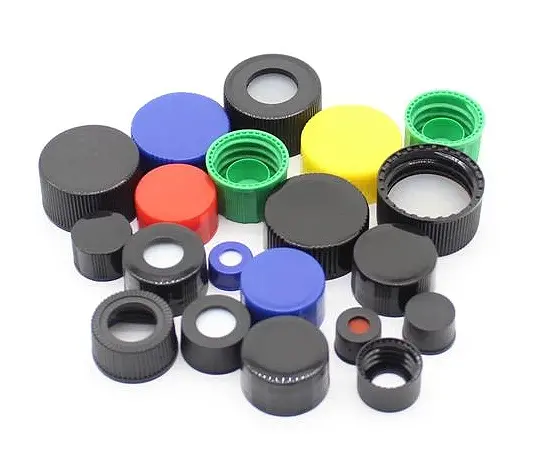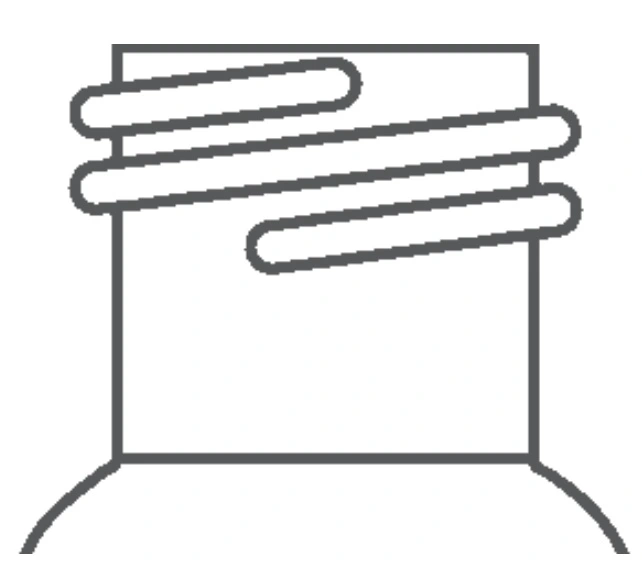Checkout using your account
Checkout as a new customer
Creating an account has many benefits:
- See order and shipping status
- Track order history
- Check out faster
Vial Caps
Vial caps ensure the tight closure of a vial and must be selected to match the diameter and closure type of your vial. Here you will find suitable caps for screw top, crimp top and snap ring / snap cap closures with a selection of different materials from plastics to aluminium.
Please also note that many caps are available as closed versions or with an opening for a septum. Often caps are also sold directly in combination with compatible septa.

Write us a message and we will get back to you as soon as possible.


